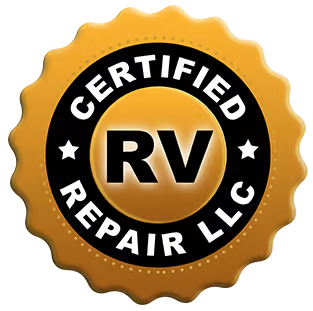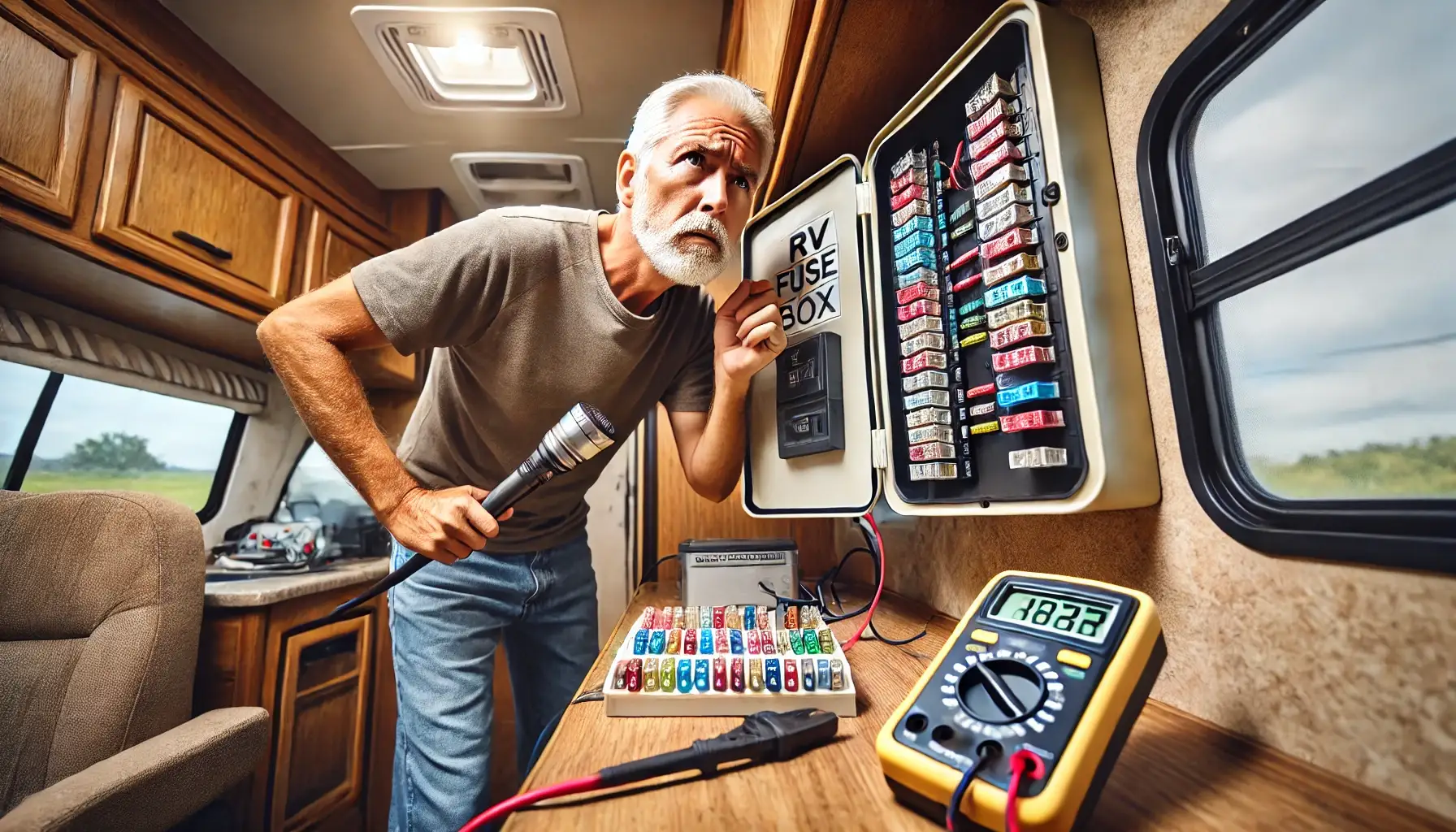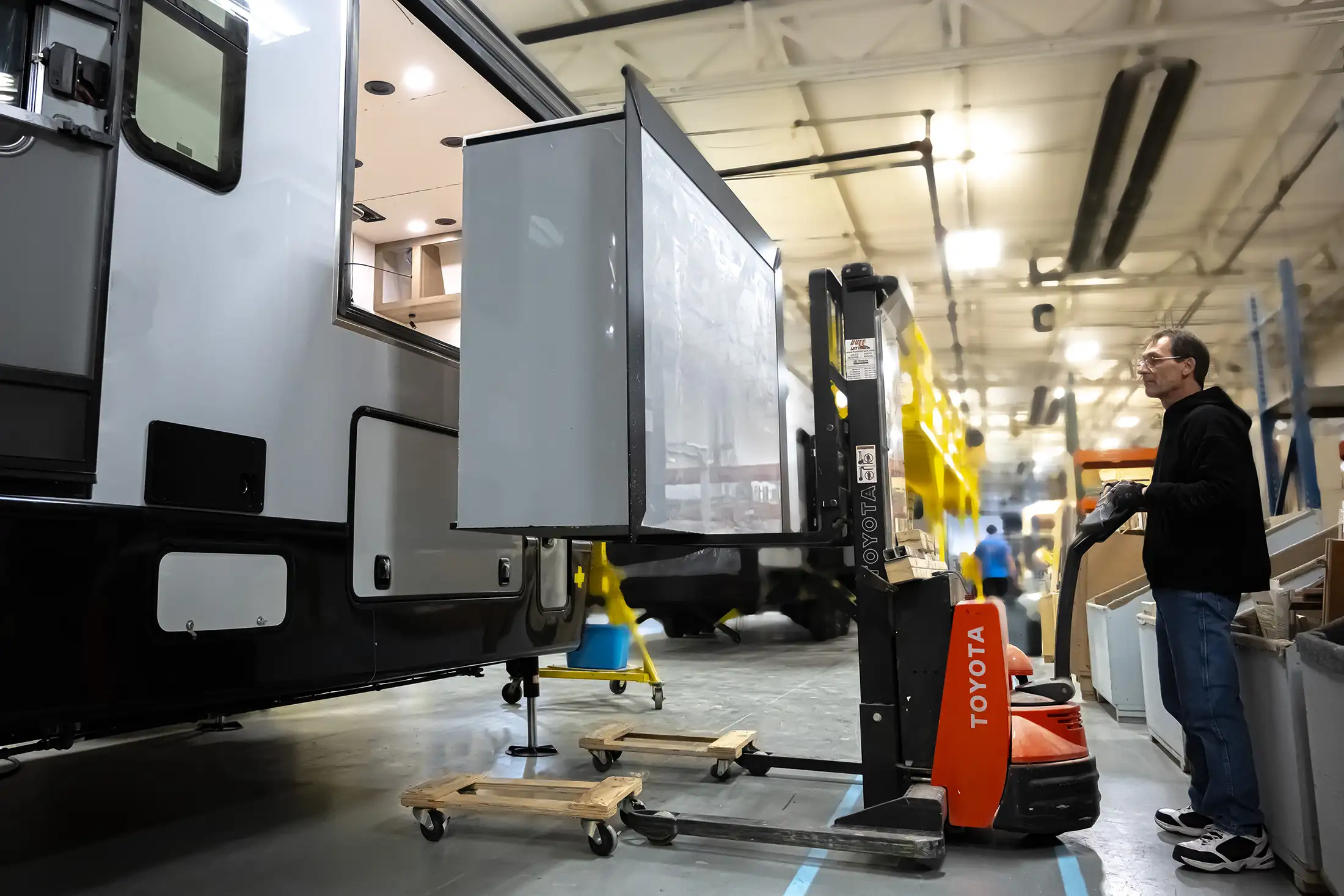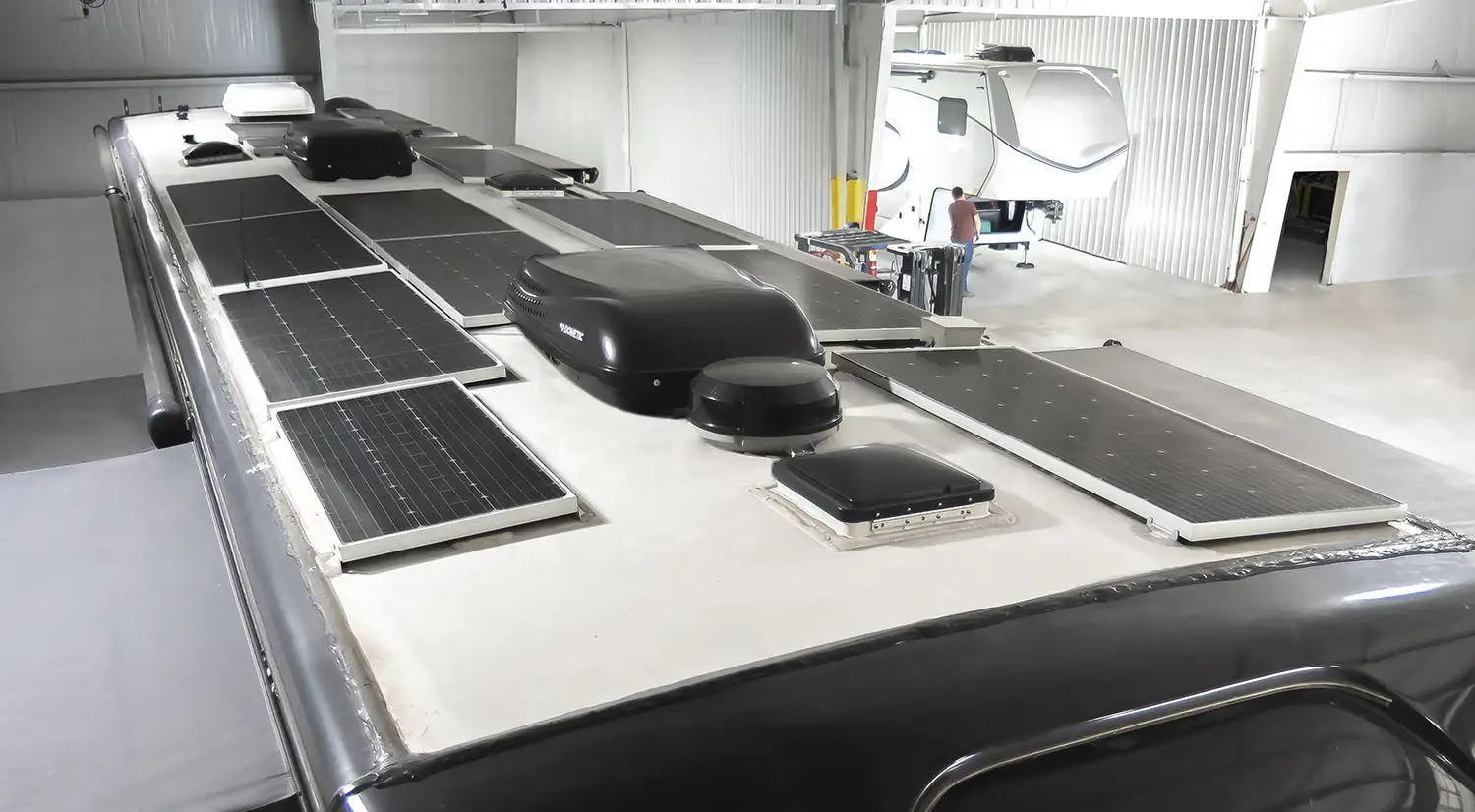Introduction
Dealing with electrical problems in your RV can be both frustrating and time-consuming, especially when you’re on the road or preparing for your next big adventure. Whether it’s a sudden power loss, flickering lights, or appliances that refuse to work, troubleshooting these issues on your own can seem daunting. This guide will walk you through common electrical problems in RVs and provide practical DIY troubleshooting tips. Plus, we’ll help you understand when it’s time to call in a professional to avoid serious safety risks.
Common RV Electrical Issues
Understanding the most frequent electrical problems in RVs can help you narrow down the issue faster. Here are some of the most common culprits:
- Battery Problems: RV batteries are the lifeblood of your vehicle’s electrical system, supplying power to all essential components when not connected to an external power source. Low charge levels or loose, corroded connections are frequent issues that can cause intermittent power loss or complete system failure.
- Fuses and Breakers: Just like in a home, RV electrical systems have fuses and breakers designed to protect circuits from overloading. A blown fuse or tripped breaker can stop power flow to critical areas like lighting, appliances, or outlets.
- Wiring Issues: Over time, the movement and vibrations from traveling can loosen wiring connections, or wires can become damaged due to wear or exposure. This can lead to inconsistent power delivery, short circuits, or even a complete system shutdown.
DIY Troubleshooting Steps
While some issues may require professional help, there are a few basic troubleshooting steps you can take on your own to diagnose and fix simpler electrical problems:
1. Check the Batteries
Start by checking the condition of your RV’s batteries. Ensure they are fully charged by using a multimeter to measure voltage levels. A fully charged 12V battery should read between 12.6 and 12.8 volts. If the battery is undercharged, check for corroded or loose connections at the terminals. Clean and tighten as needed.
2. Inspect Fuses and Breakers
The next step is to inspect the fuses and breakers. Look for any blown fuses in the control panel. If you find one, replace it with a fuse of the same amperage. For breakers, check if any have tripped and reset them by switching them off and then back on. Keep in mind that continuous tripping of the same breaker might indicate a deeper issue, such as an overloaded circuit or faulty wiring.
3. Test Appliances
If your RV appliances aren’t working, there could be a problem with the specific appliance or the outlet providing power. Test each appliance by plugging it into a working outlet, or try using a known good appliance in the problem outlet. If the appliance works in a different outlet, the issue might lie with the original outlet’s wiring or connection.
When to Seek Professional Help
Although many RV electrical problems can be diagnosed and fixed with basic troubleshooting, there are situations where seeking professional help is necessary. If you notice:
- Persistent power failures despite replacing fuses or resetting breakers
- Flickering lights or appliances not receiving consistent power
- Burning smells or signs of overheating near outlets or the electrical panel
- Signs of damaged wiring, such as exposed wires, cuts, or fraying
It’s critical to consult with a certified RV technician. Electrical systems can be dangerous, and attempting complex repairs without proper knowledge could lead to further damage or safety hazards.
Certified RV Repair LLC’s Electrical Services
At Certified RV Repair LLC, we specialize in diagnosing and repairing electrical systems for all RV makes and models. Whether you’re experiencing battery issues, wiring faults, or problems with your RV appliances, our expert technicians are equipped with advanced diagnostic tools to get to the root of the issue quickly and efficiently.
We only use high-quality parts, ensuring your RV’s electrical system is restored to optimal condition. With our factory-certified technicians and deep industry knowledge, you can trust that your RV will be repaired to the highest standards of safety and performance.
Conclusion
A well-functioning electrical system is essential for the comfort and safety of your RV travels. By understanding common electrical problems and knowing some basic troubleshooting steps, you can handle minor issues on your own. However, for more complex or persistent problems, don’t hesitate to seek professional help to keep your RV in peak operating condition.
If you’re in need of professional RV electrical system repair, contact Certified RV Repair LLC today to schedule an inspection and repair service. Our team is here to ensure your RV runs smoothly, no matter where the road takes you!
